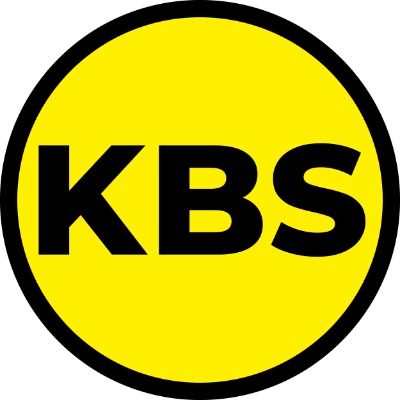For a long time, I worried about whether I came across as professional. The longer I’ve worked as an accountant, the more I’ve realised that’s because our idea of ‘professional’ is based on a very narrow definition.
For a long time, I worried about whether I came across as professional. Bosses told me I was too informal, or too direct. Whether it was the way I spoke or the way I dressed, I seemed to constantly come up against criticism and barriers in my career.
The longer I’ve worked as an accountant, the more I’ve realised that’s not because I wasn’t qualified, experienced, or capable enough. It’s because I wasn’t old enough, I wasn’t the right gender or my face didn’t fit.
That’s because our idea of ‘professional’ is built around white, middle-aged, middle-class men – not women, and certainly not women of colour.
Think about it. When someone says the word ‘accountant’ to you, what do you picture? What about ‘businesslike’ and ‘professional’? The chances are, it’s a white man in a suit.
This is the image we’re all used to associating with this area of work – from popular media to advertising to stock imagery, we’re taught unconsciously throughout our lives to connect professionalism and success with whiteness and maleness.
It means when someone who doesn’t fit that mould enters the workplace, they are treated differently and judged differently on their actions compared to someone who looks the part. A white man who speaks directly is seen as confident and decisive, for example, while a woman of colour who does the same is often dismissed as bossy or aggressive.
And it’s not just about appearance. Traditional ‘professionalism’ is entrenched in white, Western cultural norms that have been established over hundreds of years.
People brought up in those cultures take it for granted that this is the only way someone should act in the workplace. But for anyone outside of that, these complicated, unspoken rules are incredibly hard to recognise and follow.
Again, ‘directness’ is a good example. In English business culture, indirectness is often linked with politeness. Instead of saying “send me that document” or “you’ve got this wrong”, you might say “would you mind sending me that document…” or “you might be a little bit wrong about this…”
In many other cultures, directness isn’t seen as rude at all. In fact, skirting around the topic can come across as unclear – or worse, passive-aggressive.
Various other biases come into it. Being too expressive can count against you, as can having an accent or dialect that’s different to the people you work with, or having a non-English name. Even the prized standard of punctuality is tied to specific cultural beliefs about time.
From hiring to promotion, traditional businesses favour people who fit their established culture, and their narrow view of what a business professional looks like.
And frankly, I’m over it. I know so many brilliant, ambitious women who work hard at what they do and continue to face these challenges.
I don’t think the answer is to try and conform to a standard that was never built for us. Instead, we can succeed by lifting each other up, and breaking those stereotypes together.
When I set up KBS, I knew I wanted to challenge the assumptions people had made about me, but I also wanted to empower young women, and women like me, to be successful in finance and in their businesses.
I don’t want others to be judged on their looks, their clothes, their age, their hair or anything else – only on their effort, their passion and the results they achieve.
Whenever someone asks me a leading question – “how old are you?”, “where are you from?”, and, on occasion, “why are you wearing that?” – my question to them is “why is that relevant?”
I know that I’m capable and experienced enough for the job at hand. None of the rest should matter.
If you’re a woman in business in Croydon or South London and want to talk (or vent…) here’s my calendar – book yourself in!


